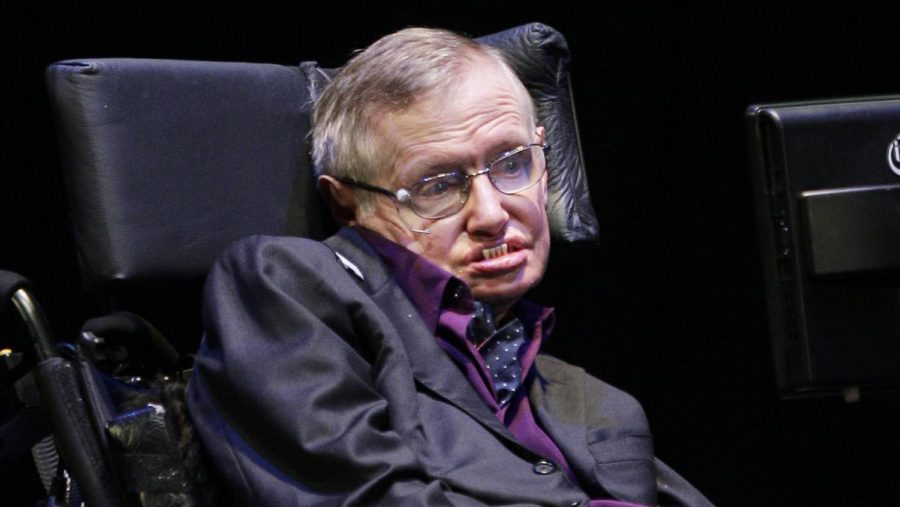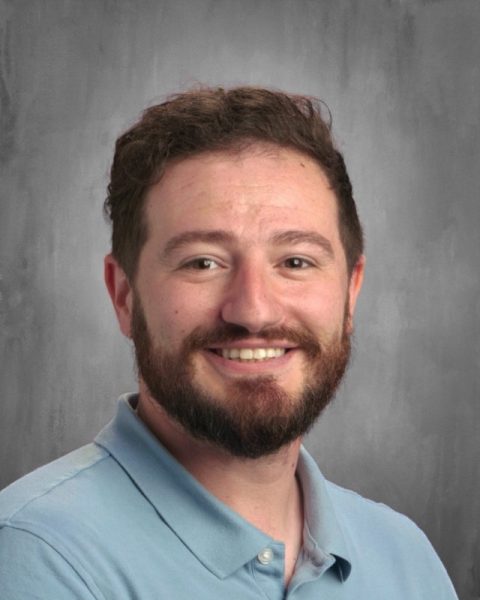Remembering Stephen Hawking
When you hear the name Stephen Hawking, what do you first think of? The man who was smart enough to create a system that he could use to talk when his ALS took away his speech? Or how about the man who discovered the Big Bang Theory? Stephen Hawking contributed a lot to the science world and helped it form what it is today. He discovered the Big Bang Theory, and he had theories on multiple things, such as atheism, the universe not having spacetime boundaries, and black holes emitting radiation.
He studied physics at University College in Oxford and Trinity Hall in Cambridge. He was elected a research fellow at Gonville and Caius College in Cambridge. Soon after, he developed ALS, amyotrophic lateral sclerosis, which is an incurable disease that degenerates the muscles in the brain. Despite all that, he continued to work. He focused in the field of general relativity and was passionate about black holes. In the year 1971, he suggested the formation, called the Big Bang Theory, which is numerous objects containing as much as one billion tons of mass yet only occupying the space of a proton. Hawking’s work travelled all around the world and it was important because it showed these properties’ relationship to the laws of quantum mechanics and classical thermodynamics.
In 1982, Hawking was made a Commander of the British Empire and a Companion of Honor in 1989. In 2006, he received the Copley Medal from the Royal Society and received the Presidential Medal of Freedom in 2009.
Unfortunately, on the morning of March 14th, 2018, Stephen Hawking passed away at the age of 76. He may have died, but his theories live on. It is important to remember him and his various contributions to the science world.










